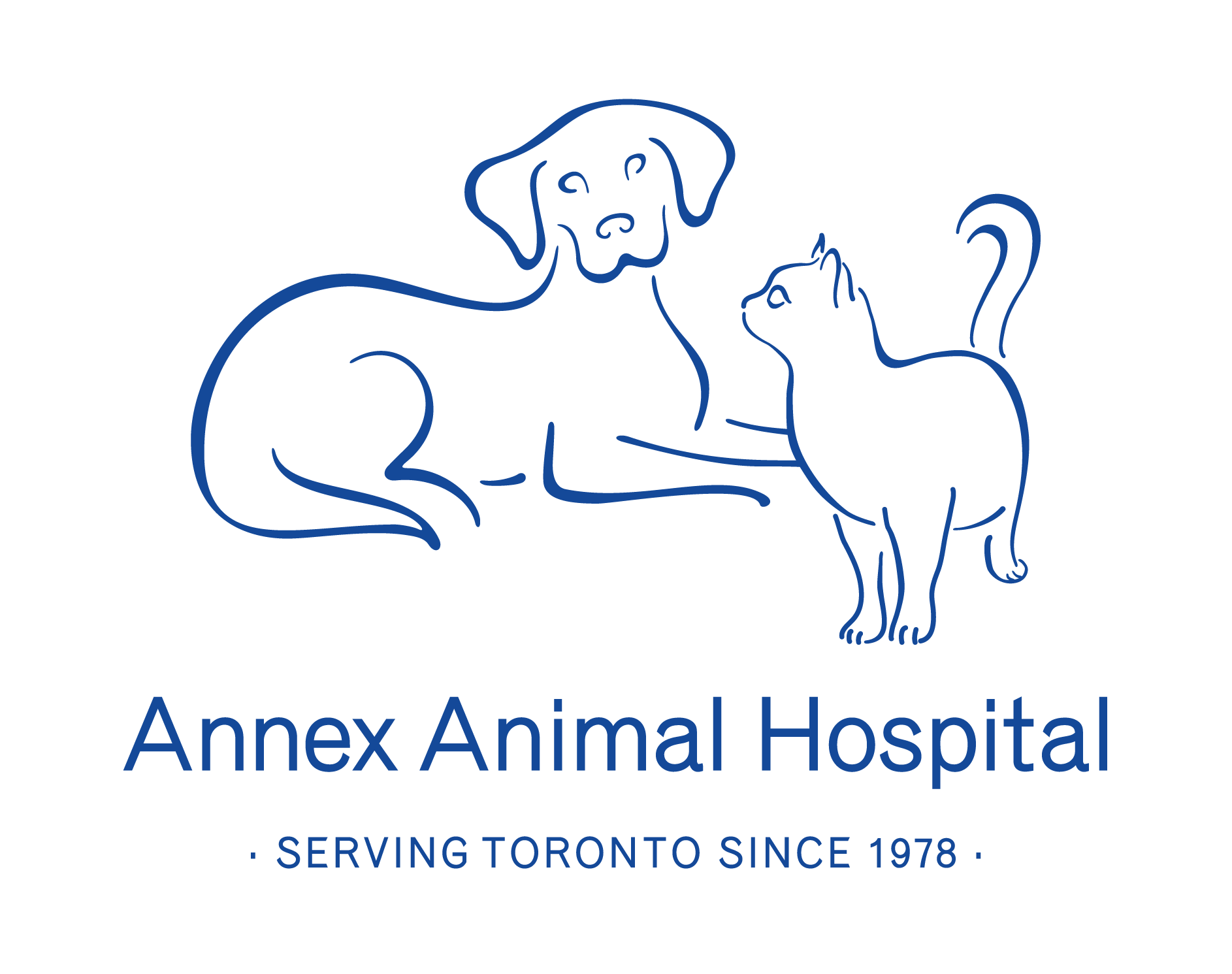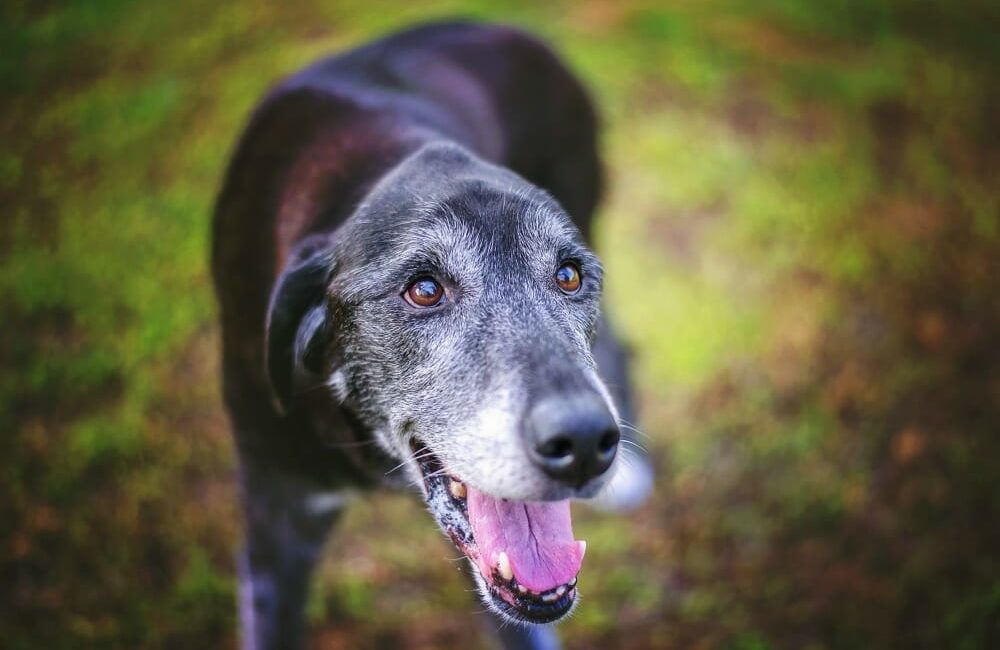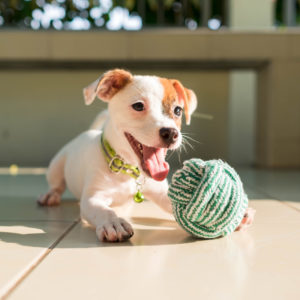Often, we miss certain signs and symptoms that can occur as gradual changes in our pets as they age. With the advancement in veterinary medicine and pet nutrition, we can often assist our pets to age more gracefully and provide them with a better quality of life for longer. Who doesn’t want more quality time with their pets?
Below you will find a checklist that includes some things to watch out for as your pet ages. Feel free to bring this along to an appointment if you have any concerns. It can be a very useful tool for your veterinarian.
Check all that apply to your pet:
BODY FUNCTIONS
- Bad breath, red swollen gums, dribbling while drinking (circle any that apply)
- Difficulty chewing
- Eating habits have changed
- Gained/lost weight
- Drinking more water than usual
- Urinating more frequently and/or straining to urinate
- Vomiting, diarrhea, constipation, straining (circle all that apply)
- Hearing loss and/or poor vision
ACTIVITY/ORTHOPAEDICS
- Change in behaviour or activity level
- No longer wants to play
- Difficulty jumping and climbing stairs
- Seems stiff and in pain
- Difficulty negotiating the litter box
- Resents being picked up
- Lameness
BEHAVIOURAL/NEUROLOGICAL
- Is not himself/herself
- Is not seeking as much attention and interacts less with the family
- Sleeping patterns have changed
- Objects to being handled and/or has become aggressive
- House-training habits have changed, sometimes has accidents
- Seems confused or disoriented
- Tremors or episodes of shaking
SKIN AND COAT
- Does not groom him/herself as well
- Scratches, licks and chews excessively
- Changes in coat or skin
- Skin is flaky and/or coat is scruffy
- New lumps or bumps
- The skin has an odour
HEART/LUNGS
- Coughing
- Breathing is more rapid and shallow
- Tires rapidly or seems short of breath
Print this page or send us an email prior to your next senior pet appointment as a reference for what to talk about with the veterinarian during the pet examination.
Written by: Annex Animal Hospital




